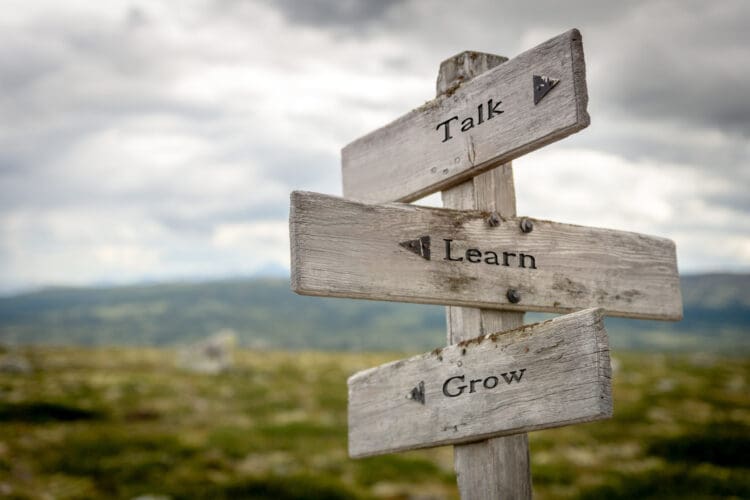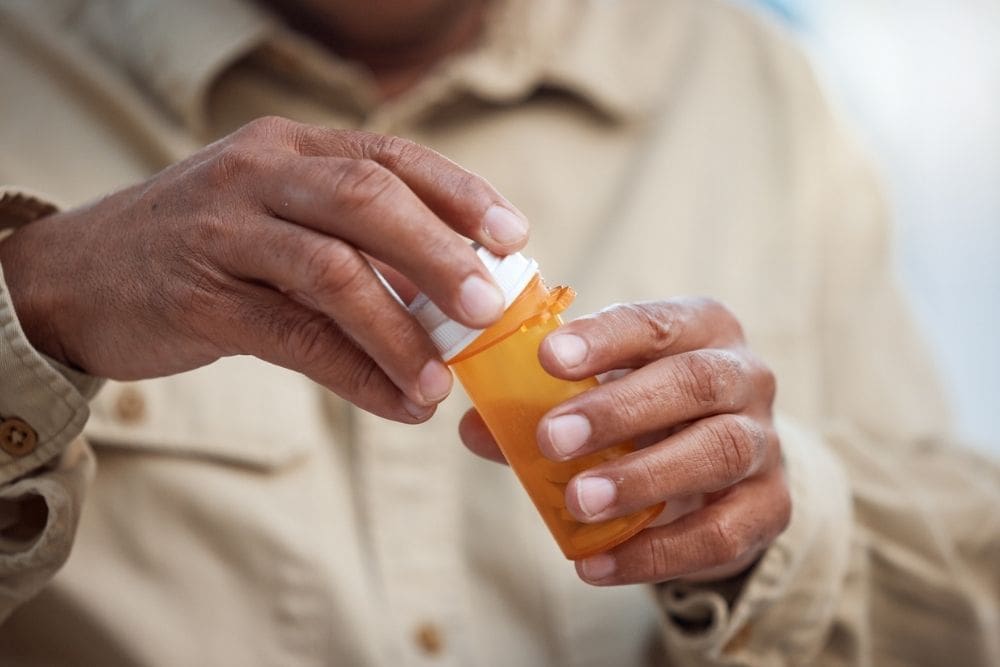At St. Gregory Recovery Center in Iowa, we believe that the values of honesty, competence, perseverance, passion, respect, and teamwork all culminate to create the life skills you need to thrive after graduating from our Recovery Program. When you work on building essential life skills in your recovery journey, you’re increasing your chances for a successful, healthy sobriety.
Every day, researchers are finding more and more links between five life skills and better health, less chronic disease, lower rates of depression, decreased social isolation, and greater financial stability and success. This post is your how-to guide to developing these five essential life skills–emotional stability, determination, control, optimism, and conscientiousness–and using them to support your recovery journey.
Essential Life Skill #1 & How to Build It: Emotional Stability
Emotional stability involves the ability to identify, feel, process, and later discard negative or painful emotions so that they don’t build up and cause emotional outbursts that lead to impulsivity and jeopardize sobriety. Building emotional stability is best achieved via:
- Getting quality sleep
- Getting regular exercise
- Eating a healthy diet
- Restructuring your thinking patterns and habits in cognitive behavioral therapy (CBT)
- Creating routines and daily habits
- Practicing mindfulness and meditation/journaling
- Regularly attending support group meetings or events
Essential Life Skill #2 & How to Build It: Determination
Determination is the quality of believing that you’re able to engage in goal-directed behavior that actually leads to goal achievement! Building determination as a life skill involves:
- Defining what success actually means/looks like to you
- Setting concrete, realistic personal goals
- Keeping your expectations and standards high
- Identifying your abilities, disabilities, strengths, and weaknesses
- Putting yourself in environments that augment your strengths and downplay your weaknesses
- Developing strategies with a therapist or mentor to meet your goals and maintain your support network
- Being flexible and gentle with yourself and your mistakes
Essential Life Skill #3 & How to Build It: Control
Control or self-control is an essential life skill that allows people to consistently make good choices and to act instead of react. Building self-control in the battle against substance abuse is one of the greatest challenges someone can face during recovery. The process can be taxing, but it’s worth it. Here’s how to set yourself up for successful self-control creation:
- Identify and remove temptations or substance abuse triggers from your environment
- Set up some kind of system for measuring your successes
- Identify effective stress management strategies
- Make a list of all your priorities and put them in order from most to least crucial to your sobriety maintenance
- Forgive yourself for your past mistakes
Essential Life Skill #4 & How to Build It: Optimism
Optimism is the quality of seeing the glass half-full instead of half-empty. It doesn’t mean that optimists ignore the negative, darker aspects of recovery. It simply means that those aspects don’t define the person’s life outcome or their view of themselves. Optimism is approaching hardship productively in the following ways:
- Thinking happy thoughts as often as possible (thinking positive things actually rewires your brain)
- Observing who you’re hanging out with and determining if they’re more of a positive or negative impact on your environment. If they’re more negative, decrease your time spent with them.
- Watching less polarizing media outlets, if possible
- Making a list each day of all the things that you’re grateful for
- Consciously acknowledging what you’re grateful for while also identifying what’s negative in your life that can be improved
Essential Life Skill # 5 & How to Build It: Conscientiousness
When defining conscientiousness, it may be helpful to understand what the opposite of conscientiousness looks like: overlooking important details, forgetting deadlines, and being generally unaware of surroundings and sources of substance abuse triggers. Build conscientiousness through the following activities:
- Involve yourself in social or professional situations that feel meaningful to you. The more meaningful the dynamic, the more likely you are to remember details or deadlines associated with it.
- Consider working with a life coach that keeps you on track and accountable in certain areas of your life that you find more difficult to manage.
- Consider creating calendars, lists, and sticky notes that may help jog your memory or motivate you to look more closely at your day-to-day activities.
We Can Help You Build Your Life Skills For Recovery
At St. Gregory Recovery Center, our number one interest is supporting you during your recovery while giving you the tools you need to succeed. If you or a loved one is struggling with addiction, contact us online today. We’re here 24/7 to provide support and information about your successful future or that of a recovering family member.




